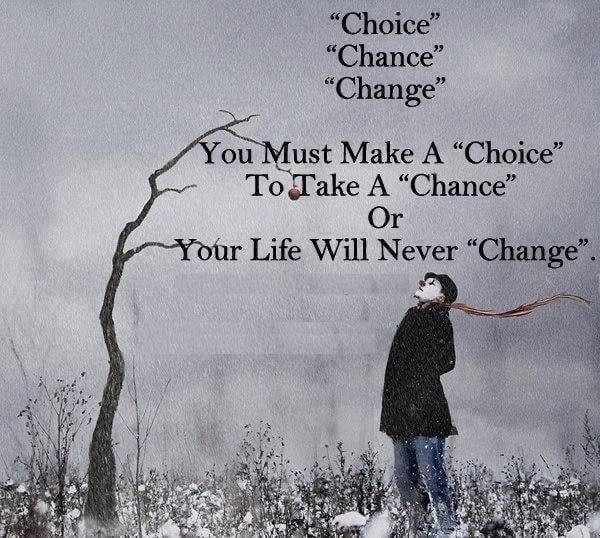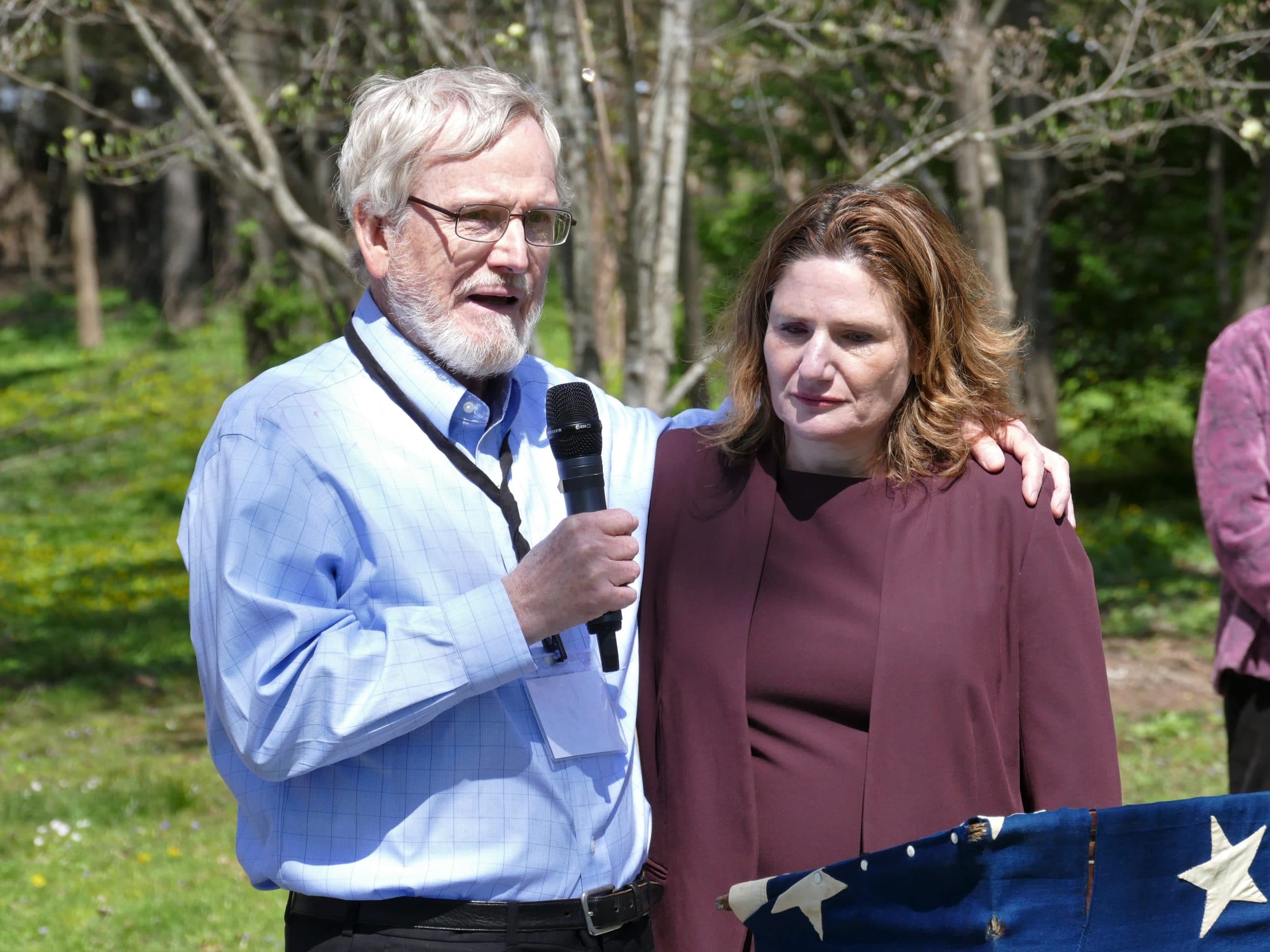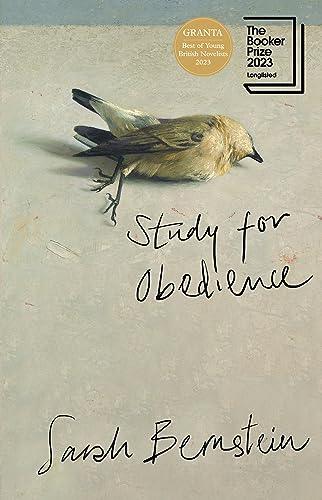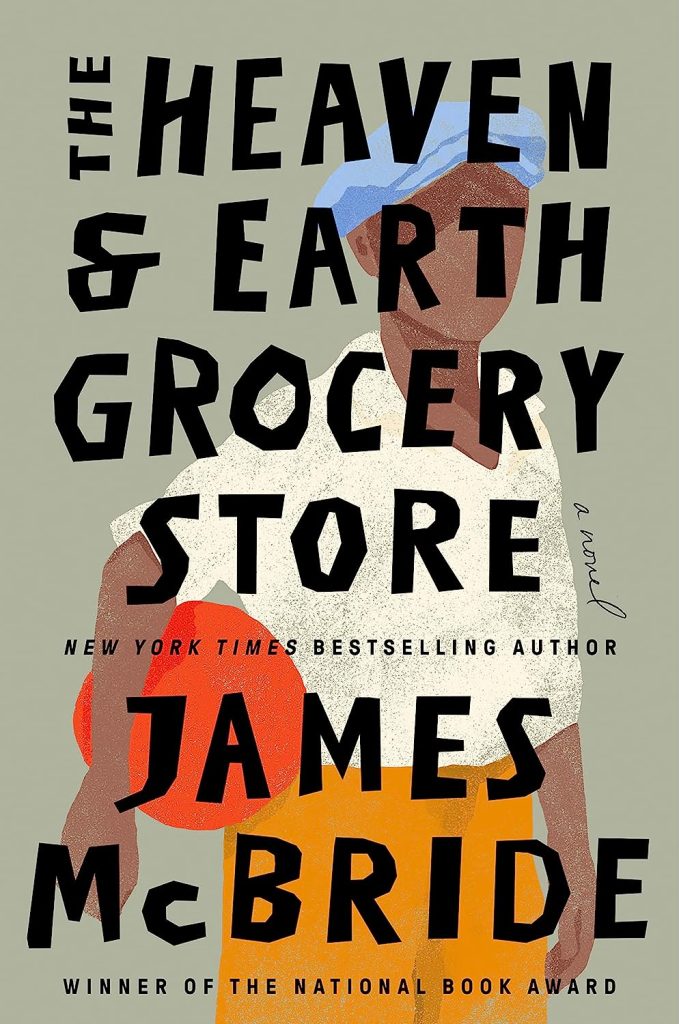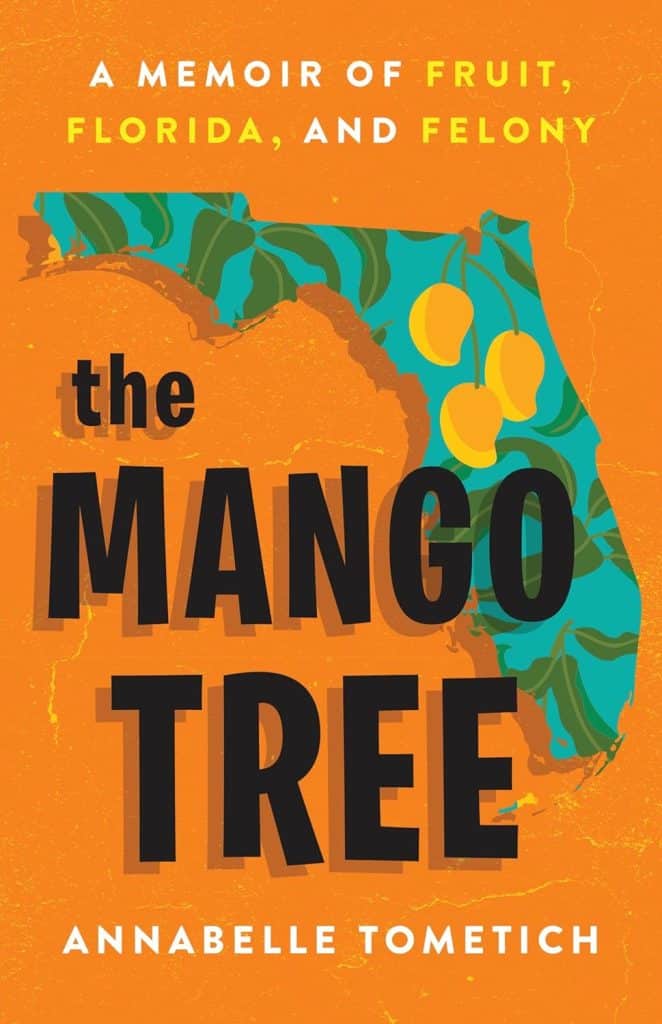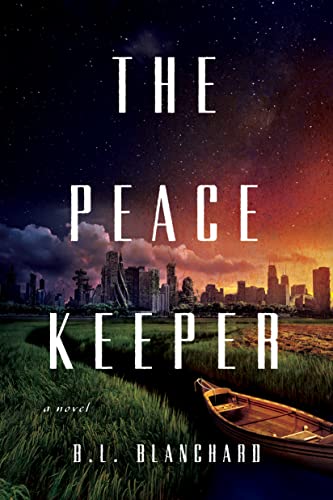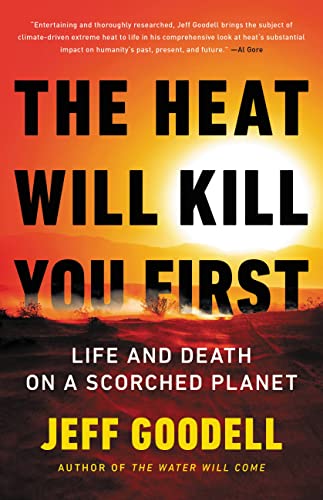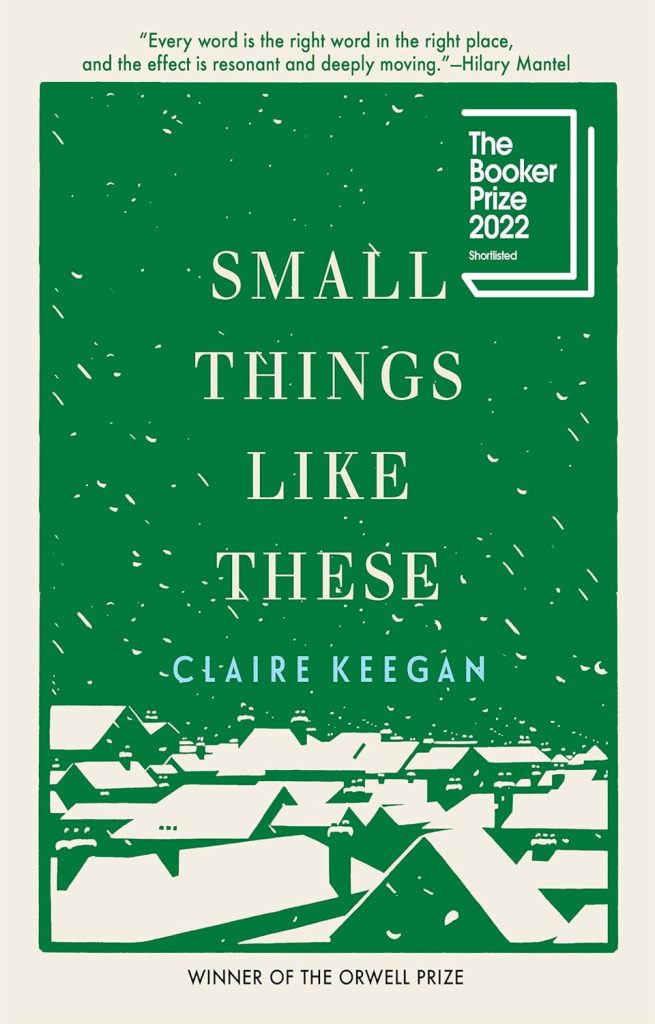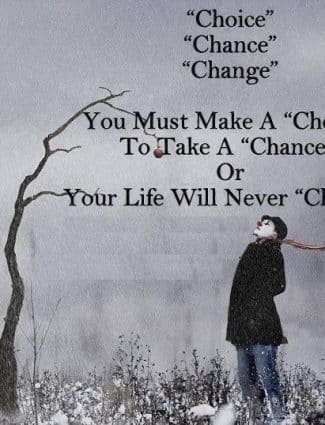
What is My Next Chapter?
Finding Stability By Embracing Change!
Estimated reading time: 2 minutes, 17 secondsChange is a difficult concept for many people to accept. We often prefer things the way they are. However, life inevitably changes, and holding onto the past can impede our progress. After my wife passed away, I found myself clinging to the past. Although it helped me initially, in the long run, it hindered my growth.
Brad Stulberg‘s “Stop Resisting Change” essay for The New York Times reminded me of the concept of allostasis. Allostasis suggests creating a new baseline of strength rather than seeking stability through rigidity. Stulberg explains the difference between homeostasis and allostasis in his essay, stating that healthy systems return to the same starting point following a change (X to Y to X). On the other hand, in allostasis, healthy systems crave stability after a difference, but the baseline of that stability can be somewhere new (X to Y to Z).
Since my wife’s passing, I have learned to embrace change, as I had no choice but to accept that I was a new person. It was not an easy decision, but I was fortunate enough to have invaluable support from my therapist, Rabbi Renee, family, friends, and fellow grievers during my grieving journey. Their love and guidance helped me understand that I did not have to start over but instead build a new foundation of strength. Rabbi Renee, in particular, helped me comprehend the importance of Merrit Malloy’s Epitaph, which enabled me to celebrate my wife’s life and welcome the changes that came with her passing, knowing that our love would always remain..
Love doesn’t die,
People do.
So, when all that’s left of me
Is love,
Give me away.
Embracing the present and welcoming new changes can be challenging, especially when it means letting go of the past. However, I have learned that holding on to what was will only hinder my growth. Heraclitus once said that we are never the same person twice, and I find comfort in this truth. My wife’s memory lives on, and I am inspired to live each day to the fullest, just as she taught me. I am excited about the endless possibilities and take comfort in knowing that every moment is an opportunity to grow.
The Jan Lilien Education Fund sponsors ongoing sustainability and environmental awareness programs. Gifts made this month; I will match dollar-for-dollar. All donations are tax-deductible.
I receive a commission when you buy a book or product using a link on this page. Thank you for supporting Sharing Jan’s Love blog.
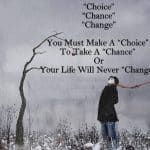
Epitaph by Merrit Malloy
Finding Stability By Embracing Change!
Estimated reading time: 2 minutes, 17 secondsWhen I die
Give what’s left of me away
To children
And old men that wait to die.
And if you need to cry,
Cry for your brother
Walking the street beside you.
And when you need me,
Put your arms
Around anyone
And give them
What you need to give to me.
I want to leave you something,
Something better
Than words
Or sounds.
Look for me
In the people I’ve known
Or loved,
And if you cannot give me away,
At least let me live on in your eyes
And not your mind.
You can love me most
By letting
Hands touch hands,
By letting bodies touch bodies,
And by letting go
Of children
That need to be free.
Love doesn’t die,
People do.
So, when all that’s left of me
Is love,
Give me away.
Jan's Memorial Garden
Finding Stability By Embracing Change!
Estimated reading time: 2 minutes, 17 seconds

